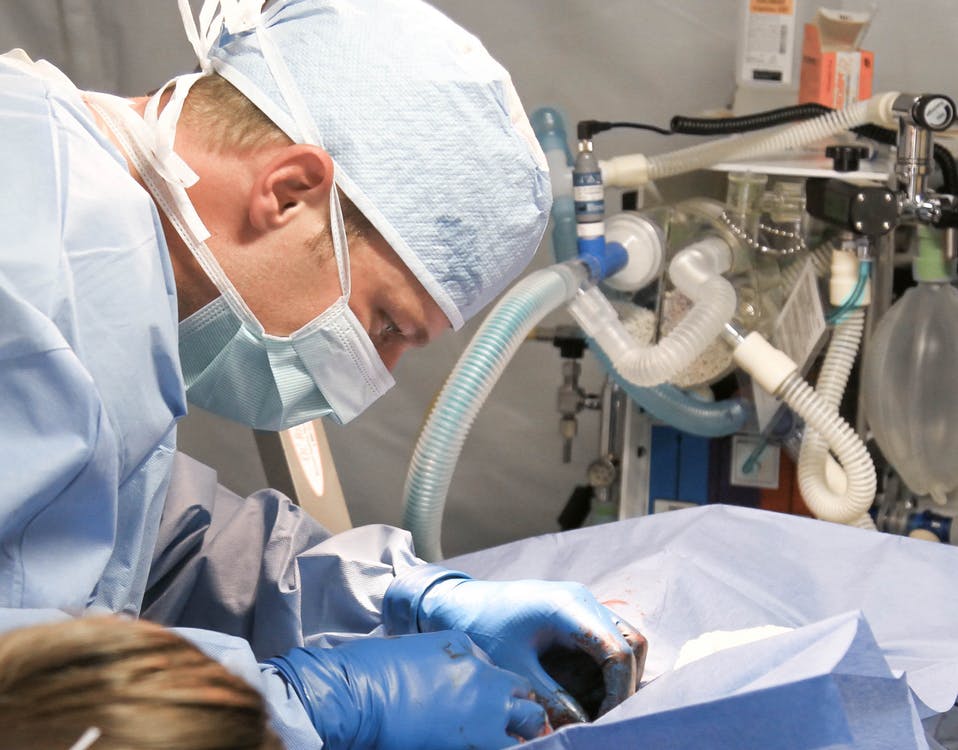
For the majority of people, pursuing a claim for clinical negligence can be a daunting prospect. However, if you’ve suffered due to someone else’s carelessness, you may want to move forward in claiming the compensation you deserve. To help you get started, here are three things you should know about making a clinical negligence claim.
-
There is a time limit within which you will need to make your claim
If you’ve suffered an injury due to clinical negligence and you wish to make a claim, it’s important to note that you will need to do this within three years of the incident occurring. This is known as the ‘limitation period’. As Jefferies Solicitors point out, a claim for compensation must begin at Court within three years of the event which caused the injury if the matter has not been settled at that point.
However, there are some exceptions to this rule. For example, for claims involving children, the three year period does not start until they reach the age of 18, and for those with mental incapacity, this timeframe only starts to run if they regain capacity.
-
This type of claim doesn’t just apply to the NHS
When it comes to healthcare in the UK, you may automatically think of the NHS. However, you don’t necessarily have to experience a lack of care or attention under this healthcare system to pursue a claim. There are a whole host of different places where you may have received medical treatment that has gone wrong. For instance, you may have suffered as a result of a cosmetic procedure at a private clinic, or you could have suffered due to incorrect advice from a pharmacist.
-
You will need proof to support your claim
In order for your claim to be successful, you will need to prove that the care you received was below what would be considered reasonable and competent health care and that you have suffered an injury as a result, whether it is physical or mental. You cannot simply file a claim if you believe someone has made a mistake or done something wrong. You’ll need to prove that it has caused you significant injury too.
When you’re making a claim, you will need evidence to support your case, so it’s important that you keep a record of everything. This can include documentation such as your medical notes, X-rays and any expert opinions you have received. If you do not have this information, you are entitled to request copies.
Pursuing a clinical negligence claim can be complex, so it’s vital that you seek help from a qualified solicitor to assist and support you throughout the process.
Leave a Reply
You must be logged in to post a comment.